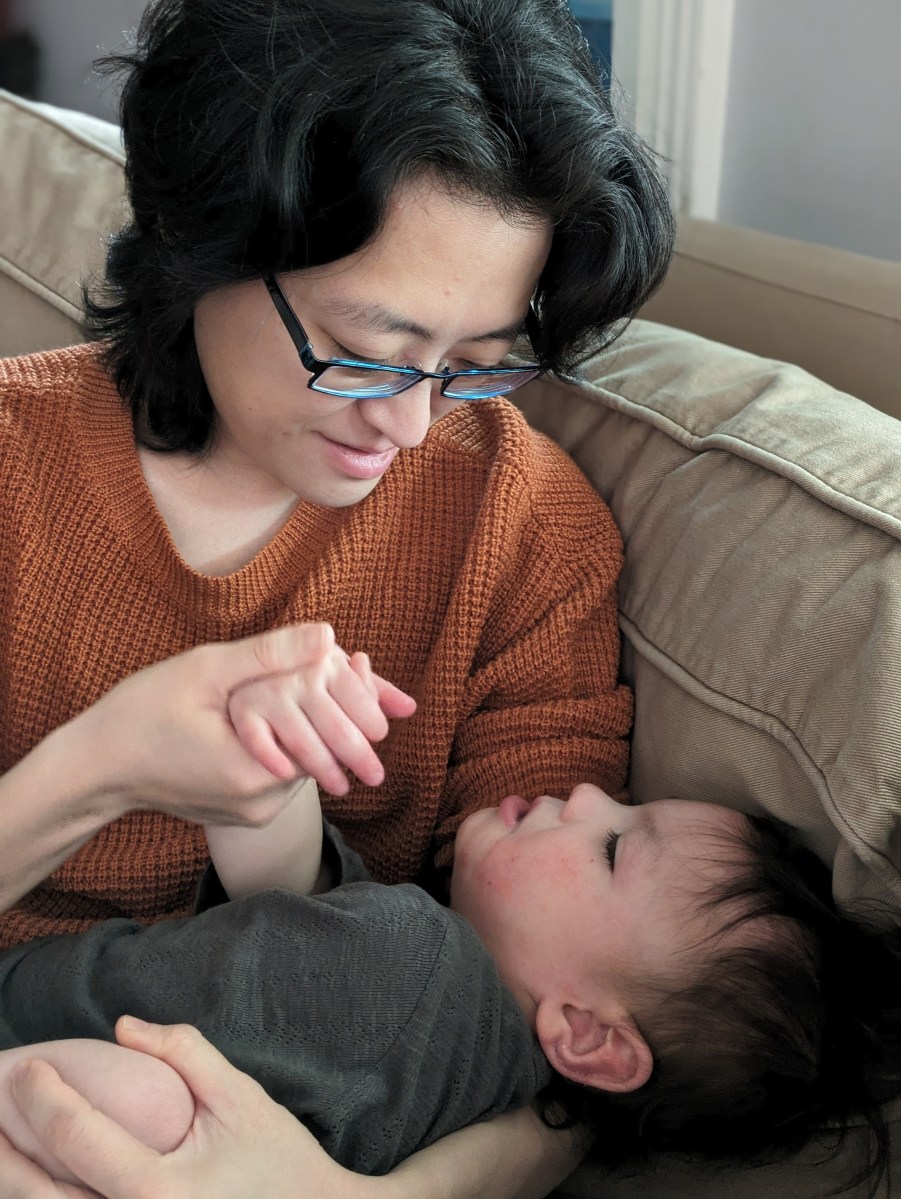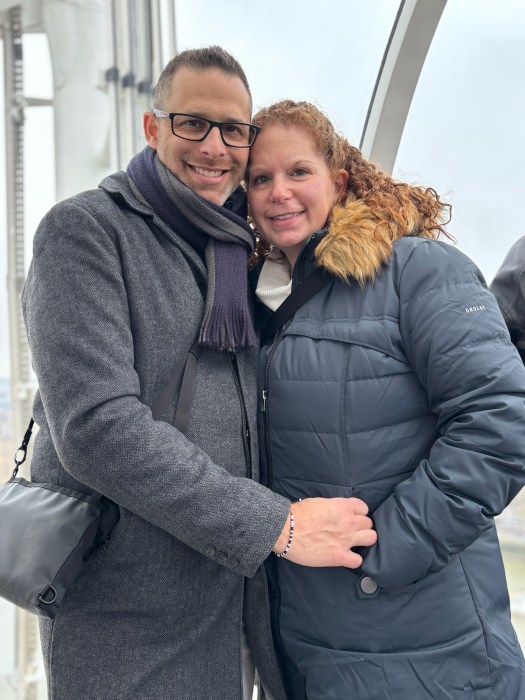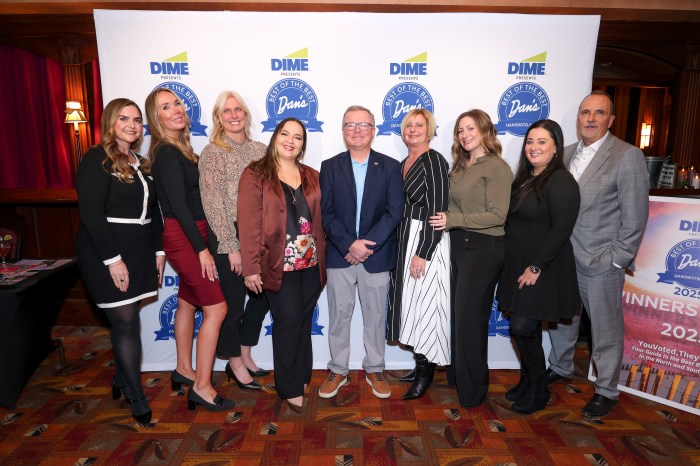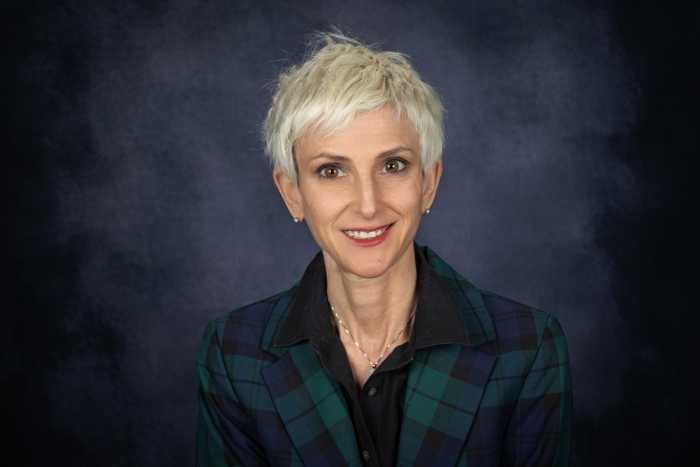In 2022, Setauket mother Yiwei welcomed her second child into the world with excitement: a baby boy named Leo, who was going to become a pal to her older daughter Anna. However, it didn’t take long to realize that something was unsettling about Leo’s development.
At 2 months old, Leo began to have seizures that later interfered with his breathing, and was missing milestones critical to his development.
“The whole time, it’s kind of nerve-wracking,” She said, mentioning the countless doctors that Leo saw in search of an answer. “You know that something is wrong, but you don’t know what.”
At 4 months old, Leo was diagnosed with an ultra-rare and severe neurodevelopmental disease caused by a mutation in a copy of his Transportin-2, or TNPO2 gene. After receiving the news, doctors told the family to take Leo home and make him as comfortable as possible, as nothing could be done to help his condition.
In a state of shock, yet determined to help her son, Yiwei began the search for a treatment, leading her to launch the TNPO2 Foundation. After persistent outreach, She was able to partner with a biotech company to develop a personalized medicine for her son in just one year of research, with the use of cutting edge technology, including AI platforms and customized datasets.
After witnessing encouraging results from the first nine months of Leo’s treatment, Yiwei was inspired to help other families who lack the resources to find treatment for their children’s ultra-rare diseases.
TNPO2’s ultimate goal is to re-envision how the U.S. healthcare system approaches the diagnosis and treatment of ultra-rare diseases in children. She hopes to make it a “standard of care” for patients to receive accessible, affordable personalized medicine, just like Leo did.
The foundation has partnered with Stony Brook Children’s Hospital to launch Project Baby Lion, a clinical research study that uses an advanced genetic sequencing tool to identify rare genetic abnormalities in NICU babies and develop potential treatments for these conditions.
“The goal is to start the systemic change that these patients deserve,” she said. “The system isn’t currently set up to develop the kind of personal therapeutics that help them.”
TNPO2 is also working with other institutions, like the New York Stem Cell Foundation, to form a collaborative effort to raise awareness about precision diagnostics and the “therapeutic odyssey”, or journey patients take toward receiving a diagnosis.
Yiwei was recently recognized for her work by state Assemblyman Ed Flood (R-Port Jefferson) and state Sen. Anthony Palumbo (R-New Suffolk). As she was humbled to receive the honor, she also emphasized the importance of having lawmakers involved in her mission.
“Rare, and especially ultra-rare disease is a place where our elected officials and our government can really help their constituents,” Yiwei said, adding that one in 10 people on Long Island are affected by rare or ultra-rare diseases. “These patients are in our communities, they’re our friends, our neighbors, and our relatives.”


































